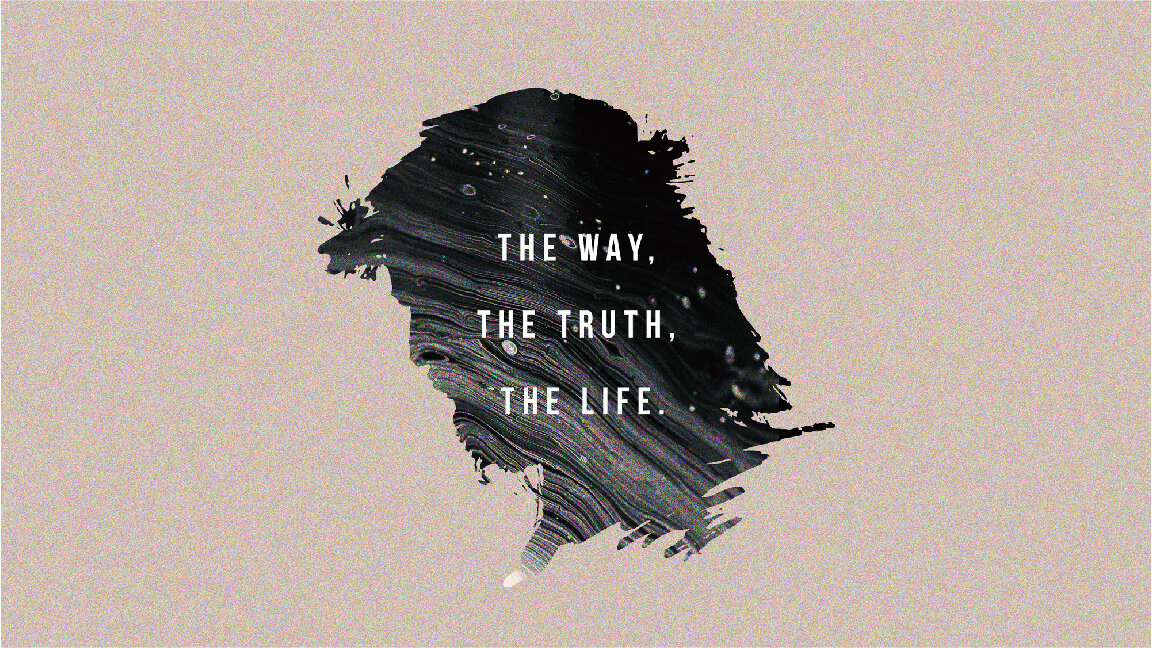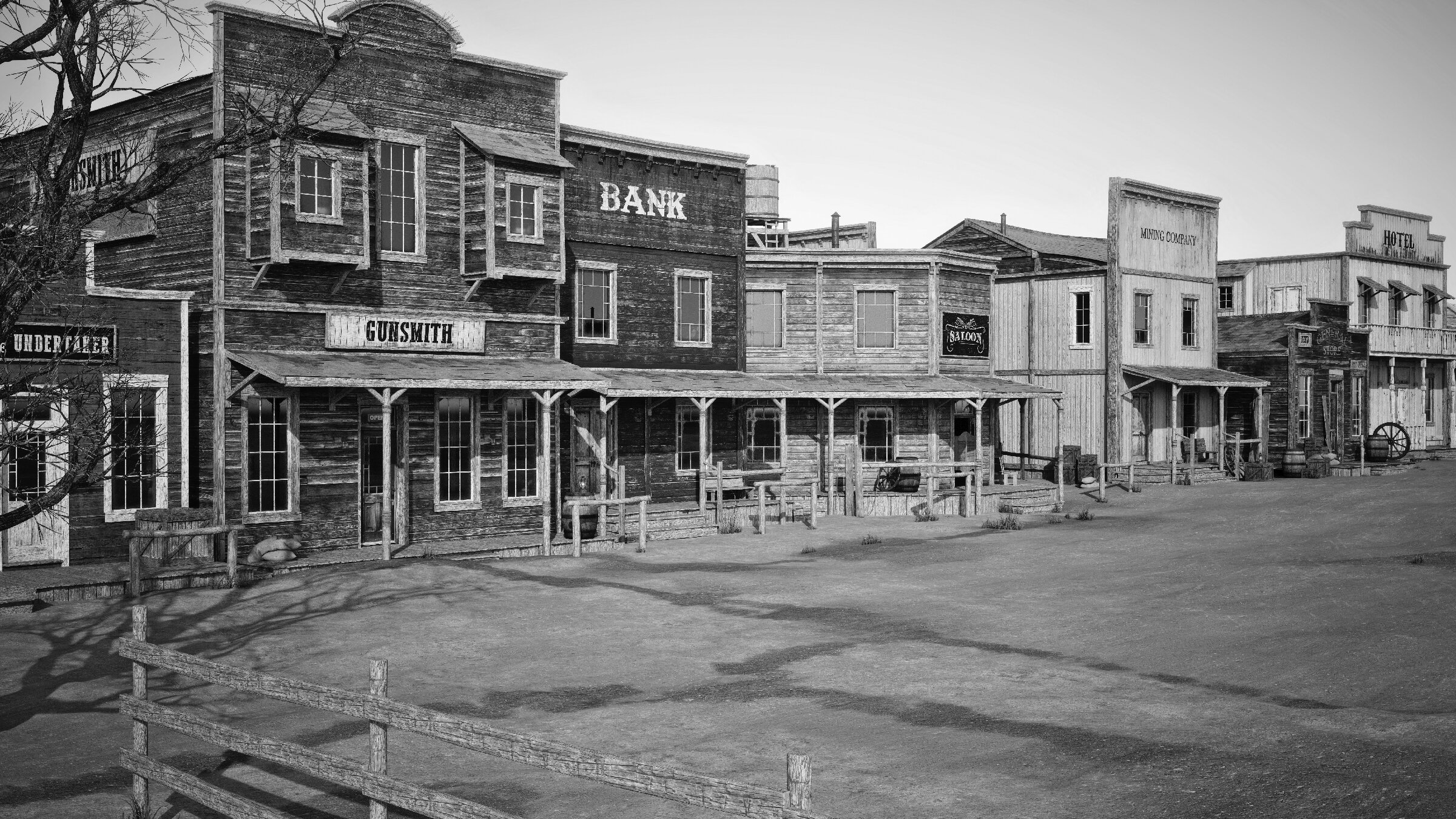Score One for the Old Guys…
I am old enough to remember when the only big-league team in Florida was the Miami Dolphins – and they only arrived in 1966. Tampa, the city nearest us, built a new stadium in hopes of luring an NFL team to town. The sports editor for The Tampa Tribune, Tom McEwen, hailed from my hometown of Wauchula (he grew up with my Dad). He constantly wrote about the need for an NFL franchise in the “Greater Tampa-St. Pete-Wauchula” metropolitan area. With a population of almost 4,000, we were sure that Wauchula would be the deciding factor in awarding the coveted expansion team. Finally, in the first NFL expansion since the AFL/NFL merger, Tampa, along with Seattle, was awarded a team. The team would be called “The Tampa Bay Buccaneers (I thought “The Wauchula Wildcats” would have been a good name).”
By that time, we had moved off the ranch and I was attending high school in Largo. Our band, The Largo Band of Gold, had just won a national championship. We were selected to play the pre-game and half-time show for the first Bucs home game ever. I still remember the electric feeling in the stadium that night. The crowd would cheer for anything, they were so pumped. The Bucs fell to the instant in-state rival, Miami Dolphins by a score of 28-21. The first quarterback of the Bucs? Steve Spurrier.
It turned out, that first pre-season game was the highlight of the season. Spurrier ran for his life behind an offensive line made up of cast-offs from other NFL teams and rookies fresh from college. The team wilted to a winless season. When Head Coach John McKay was asked what he thought about his team’s execution, he replied he was in favor of it. The Bucs would stay winless until late in their second season. Their mark of losing 26 games in a row was exceeded only by the Chicago Cardinals losing 29 from 1942-1945. At least they had World War II as an excuse.
It was hard to be a Bucs fan in those days. Coaches would arrive, promising a turn-around and would run the team into a ditch in a few seasons. People began to wonder if the Bucs were cursed. There was a rumor Tampa Stadium was cursed. A local radio station hired a witch doctor to remove the curse. The next Sunday, the Bucs won. The week after, the Bucs reverted to form and lost again. Apparently curse removal is a temporary thing.
I moved away to go to school, but those first steps on the Bucs’ field created a bond. I followed the team through its ups and downs. Tony Dungy became Head Coach and brought quality (as he always does). Jon Gruden took Dungy’s team to the Super Bowl and won. We thought the curse was finally lifted. Not so. Gruden coached the team right back to mediocrity. He was fired. A new coach was hired. Then he was fired. The cycle repeated, again and again.
Like the rest of the world, I took note when Tom Brady, the Greatest of All-Time (or G.O.A.T.) left New England and Bill Belichick for warmer climates. The Patriots had decided Brady was over-the-hill, but Brady thought it otherwise. When he started the 2020 season, he became the oldest man ever to play NFL football. He was already the oldest winner of a Super Bowl MVP at 40. At 43, he was stretching retirement out even further.
They say Brady changed the culture at the Bucs. He got them to shake off their loser’s laments and the team start playing with a fire in their gut. Brady convinced his go-to tight-end from the Patriots, Rob Gronkowski, to un-retire and come and play in Tampa. Brady and Gronkowski played for Bruce Arians, the Head Coach, who at 68, also had come out of retirement to coach the Bucs.
After losing to Kansas City on Thanksgiving Sunday, the Bucs would not lose another game. Facing Kansas City again in the Super Bowl, in their own stadium, the old men of the Bucs dominated Kansas City and their young, brilliant quarterback, Patrick Mahomes. Brady topped his own record and was again named the Super Bowl MVP. Coach Arians became the oldest coach to win a Super Bowl.
I cannot help but feel proud for my hometown Tampa Bay-St. Pete-Wauchula Buccaneers. I was there in the beginning, suffered long, and got to see the old men score. Being no longer young myself, it is a reminder just because the calendar turns a page, that does not mean a person is done.
When you read the Bible, you discover God does amazing things with people in the last third of their lives. Noah started on the ark when he was 600; Abraham becomes a dad at 100; Moses is 80 when he leads the people out of slavery in Egypt; Joshua was 60 when he led the people of God into battle; Jesus begins his ministry at age 30, remarkable when you remember the average life-span in his time was 42. God does great things with people others think are over-the-hill.
No matter how old (or how young) you are, God has a purpose for your life. If you do not know what it is, ask. Before he was even asked, Brady announced he was coming back to play next year – at age 44. The G.O.A.T. is not done yet. If you are reading this and if you still have life, neither are you. God still has a purpose for you. Live it.




















